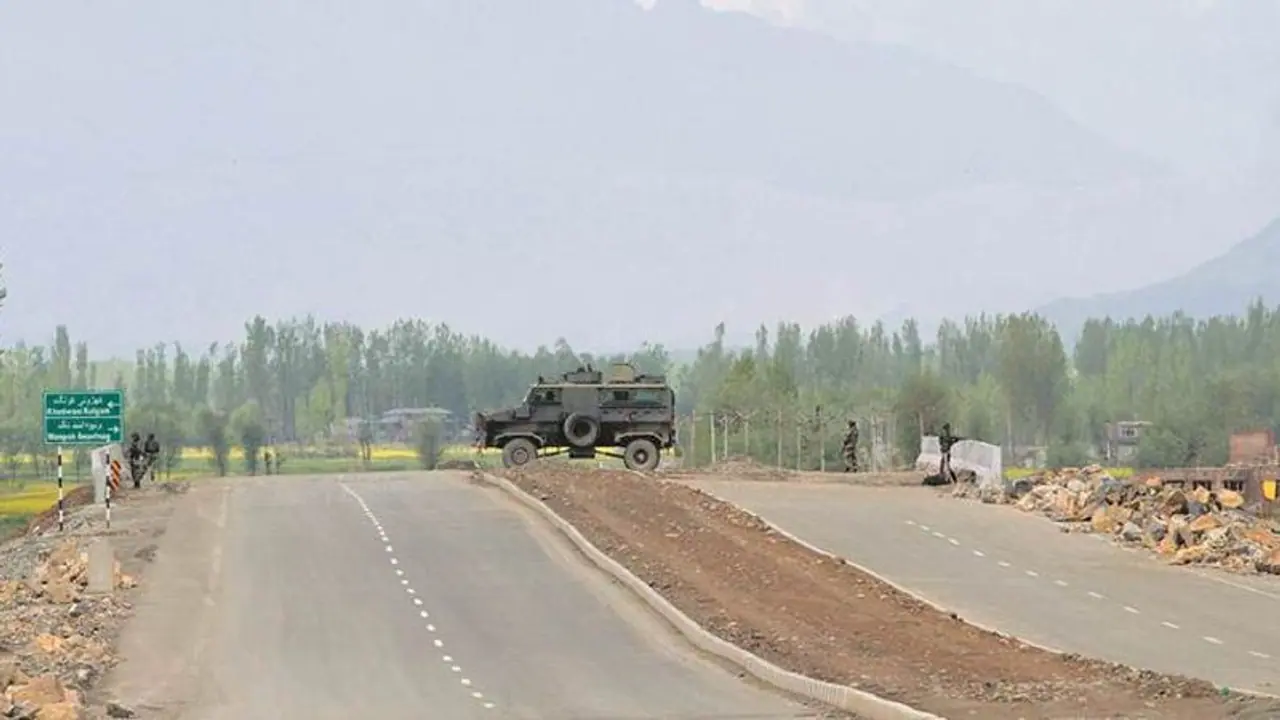This is not the only step which has been taken by the government to ensure safety for the security personnel. Forces have decided that a senior rank, not less than SP rank official, will lead the convoy and will be responsible for it.
Srinagar: In the view of the recent Pulwama and Banihal terror attacks on security forces’ convoys, it has been decided that such convoys will be allowed to move on only two days in a week and during those days no civilian traffic will be allowed on the national highways, especially in Jammu and Kashmir.
This decision came along with multiple changes in Standard Operating Procedures (SOP).
"There would be two dedicated days every week, i.e. Sunday and Wednesday, for the movement of the Security Forces' convoys. There would be no civilian traffic on the National Highway from Baramulla through Srinagar, Qazigund, Jawahar Tunnel, Banihal and Ramban till Udhampur from 4.00 AM to 5.00 PM," an official communique of Jammu and Kashmir government said.
Also read: Is India secretly readying for action to avenge Pulwama massacre?
The letter also said, "In case there are any requirements for local traffic movement for any emergency, especially medical emergencies, or for other purposes, the local administration and police would evolve appropriate necessary procedures, including issuance of passes/permits etc, which would be determined based on the needs as they arise and with the approval of the PI IQ. It is further ordered that the said regulation of the vehicular movement on the National Highway would remain in force w.e.f 3.4.2019 to 31.5.2019 and based on the experience during this period, necessary modifications, wherever required, would be made. By order of the Government of Jammu & Kashmir."
This is not the only step, which has been taken by the government to ensure safety for the security personnel. Forces have decided that a senior rank, not less than SP rank official, will lead the convoy and will be responsible for it.
There will be more security vans so that no private car can enter into convoys.
All these steps have taken after the Pulwama attack that rocked the nation in February. At least 40 CRPF jawans were martyred after a Jaish-e-Mohammed suicide bomber attack a convoy of 78 vehicles carrying over 2500 personnel.
